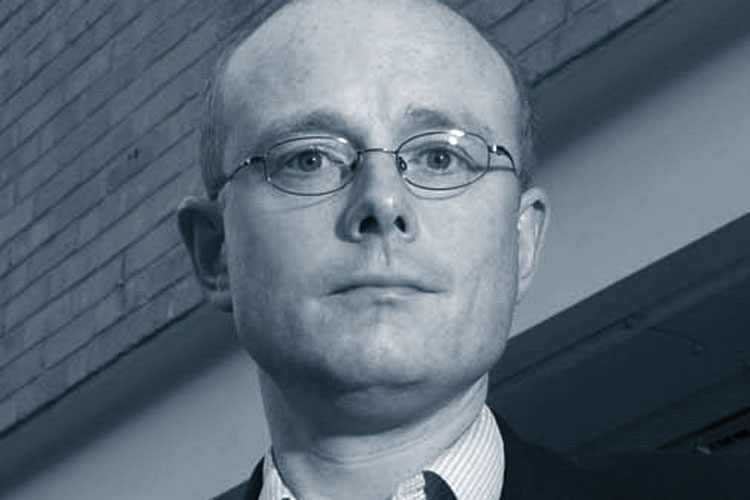
‘I’d much rather get a good old-fashioned letter.’
Those were the words of a mental health team professional I was chatting to recently. We were lamenting the demise of personalised correspondence in the NHS and decrying the push to force us all to make referrals to secondary care on standardised forms.
Medicine in general and family doctoring specifically offers a tailored service. We see the patient in front of us as an individual and as such would rather like to write a bespoke letter of referral to secondary care, not tick some boxes on a form like we are sending cattle off to auction.
I loathe ‘tick box’ medicine, but reserve a particular abhorrence for the way it has de-personalised care in the referral process.
GPs are doing, for free, the admin side of referrals that would previously have been done by clerical staff
Remember the old days? We would have met, often at hospital educational meetings, many of our local consultants. We might even have discussed complex cases with them over lunch. Our referral letters back then were addressed to a named specialist and would often include phrases such as ‘this patient, well known to you, has had an exacerbation of his/her…’
Now we are reduced to at best writing ‘Dear Consultant’ letters, or at worst spending valuable clinical time completing some largely irrelevant and intensely irritating online referral form.
Take a physio referral proforma; the forms we now have to complete include questions asking if the patient is eligible for NHS funded care and if not, does special funding need to be applied for. Frankly I don’t care, that is not my job. I just need the patient with crippling six-month back pain to see a physiotherapist ASAP.
Who is this helping? Certainly not the patient and definitely not GPs.
It is of course to do with cost cutting and specifically getting GPs to do, for free, the admin side of referrals that would previously have been done by hospital clerical staff.
Now I can already hear the counter arguments about this streamlining and speeding up referrals and my response to that is monosyllabic and crude. The referral process has never been more tortuous and unnavigable.
This process of reducing all the work we do to clicking boxes on digital forms is dragging the health service further down the road of becoming third-rate, where the poor will, after a tedious and labyrinthine triage process, be referred on to scantily trained physician associates and technicians and the rich will have bailed out long before and gone to the private sector.
Now if your long-term plan was to develop a quasi-privatised healthcare system, by introducing private insurance top up, to ‘upgrade’ your ‘healthcare experience’, a complex and frustrating referral process would be the perfect way to encourage the population this was the way forward.
However, my guess is you won’t be seeing that plan spelt out on any party manifesto any time soon.
Dr David Turner is a GP in north west London
Pulse October survey
Take our July 2025 survey to potentially win £1.000 worth of tokens












